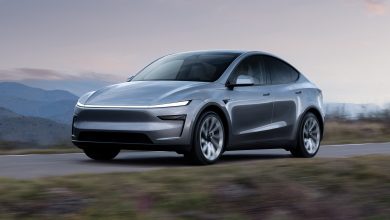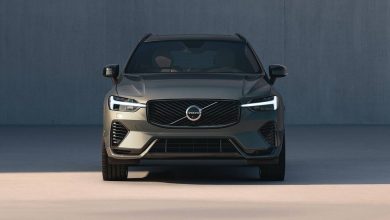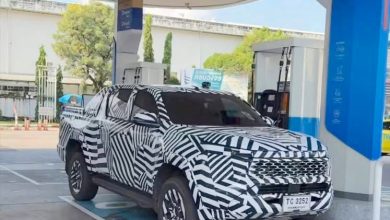Volvo Posts Record Operating Profits For The 2nd Quarter Of 2024
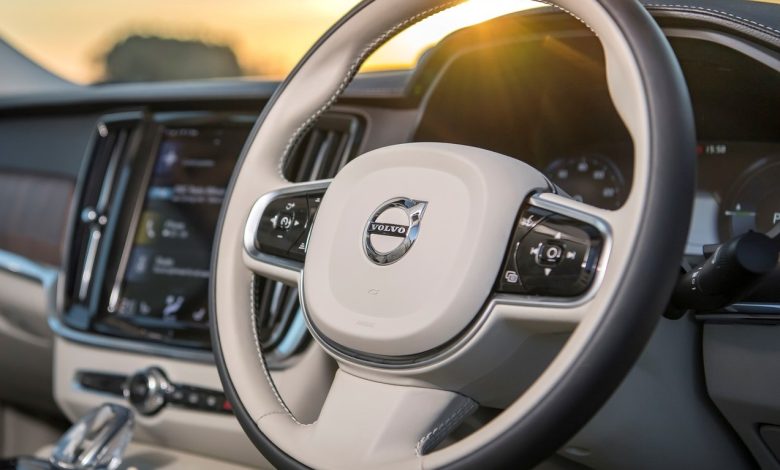
Operating profits at Volvo during Q2 2024 jumped by 28% relative to the same period last year.
While news regarding Volvo these days tend to may not exactly paint the company in the pinkest of health, the Scandinavian automaker’s most recent balance books however tell a rather different story. Such is as it has recently reported its highest-ever single quarter operating profit (EBIT) during the second quarter of 2024, with the SEK 8.2 billion (RM 3.6 billion) figure representing a chunky increase of 28% versus the same period in 2023!
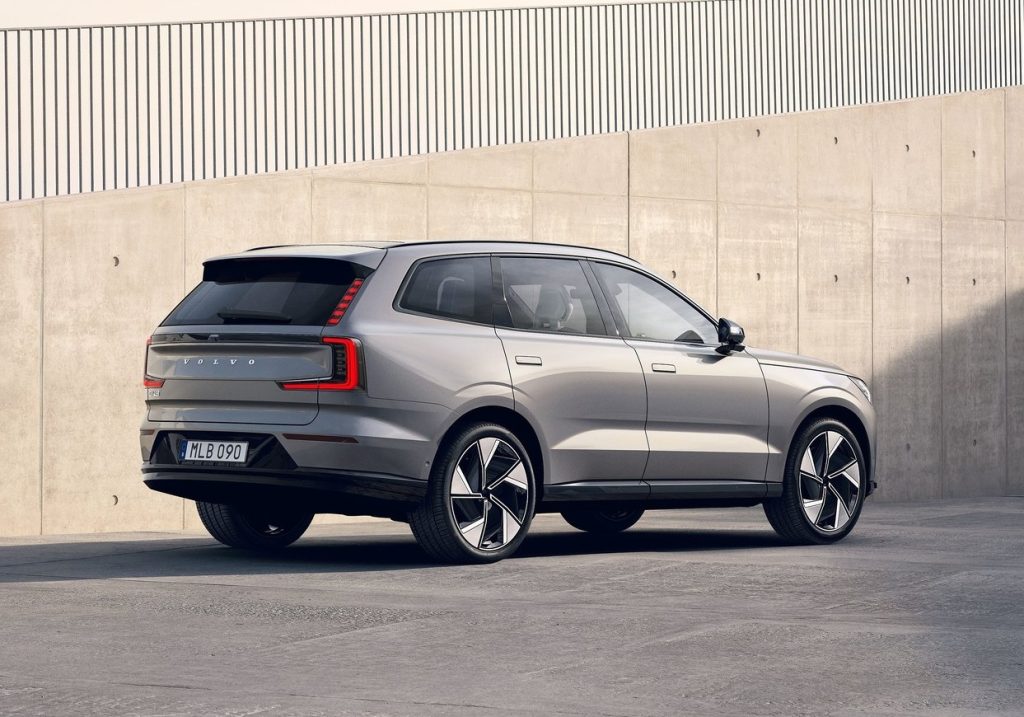
According to Volvo, the corresponding core EBIT margin reached a record high of 8.1%, versus 6.3% in the same period last year. The improvement in its underlying profitability was a result of the company’s focus on pricing discipline, internal cost control and sustained growth in sales.
During the quarter, Volvo global retail sales rose by 15% year-on-year to 205,400 cars. This was driven by the performance of the automaker’s electrified cars – both plug-in hybrids and full BEVs – sales of which grew by 43% in the second quarter versus the same period last year.
Nearly half (48%) of Volvo’s global sales volume during the second quarter of 2024 consisted of an electrified car, while its BEV-only share of sales rose to 26%. The strong demand for the company’s electrified cars was spearheaded by the EX30 small SUV — which was among the top three best-selling EVs in Europe — while the XC60 plug-in hybrid continues to be the best-selling PHEV in Europe in recent months.
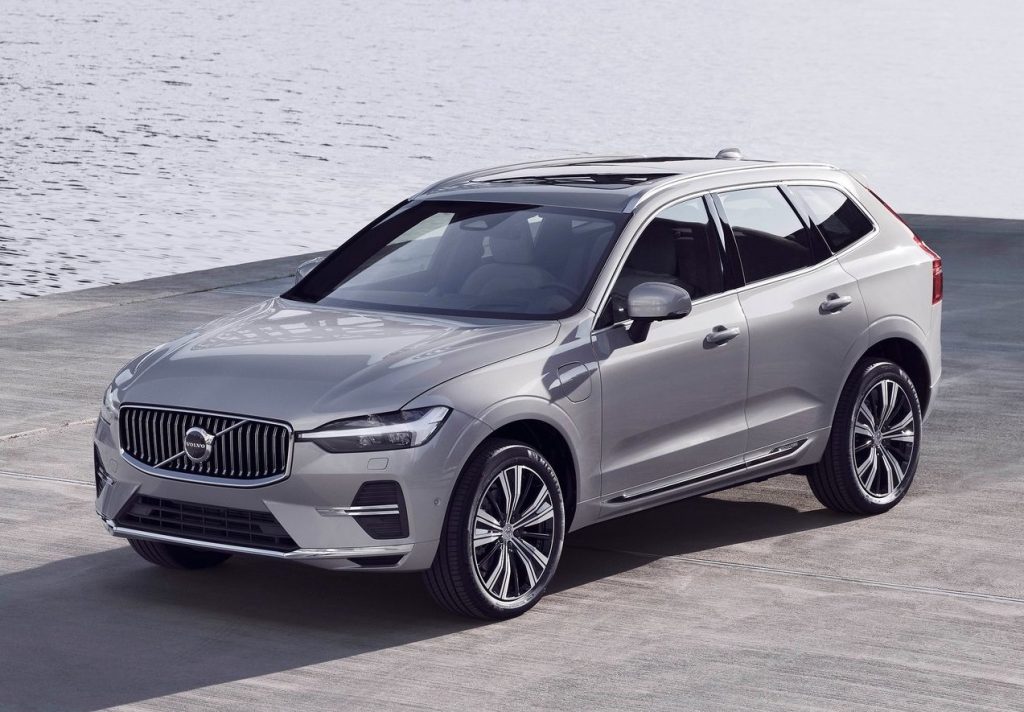
Volvo’s gross margins this past quarter increased to 22.8% from 19.0% last year, with its gross margins on its EVs having reached a new high of 20 per cent in the period. The automaker touts for this feat to serve as proof that it can continue to make the transition towards electrification profitably.
Revenue at Volvo for the second quarter of 2024 came in at SEK 101.5 billion (RM 44.57 billion), down slightly from the SEK 102.2 billion (RM 44.87 billion) reported in the same period last year. The slight revenue decline was attributed to reduced income from contract manufacturing and a normalisation of sales to rental companies, with the automaker reiterating that core revenues from operations during the quarter, excluding income from contract manufacturing, remained stable.
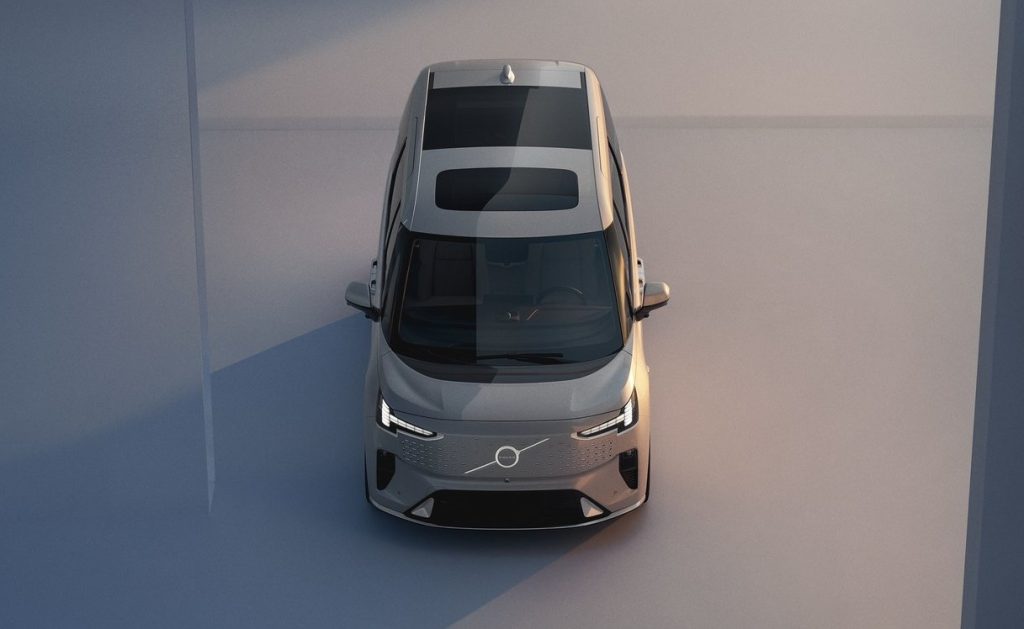
“We delivered a strong second quarter performance in 2024 with record underlying profitability, demonstrating our ability to create value despite a complex geopolitical and economic environment,” said Jim Rowan, chief executive of Volvo Cars. “Our core operational momentum remains on a firm footing, thanks to the strength of our balanced strategy, product portfolio and our agility in responding decisively to headwinds.”
“Our brand and values around safety and sustainability, as well as our unique technology approach, continue to resonate strongly with customers,” added Jim Rowan. “During the year we increased our market share in Europe to the highest level ever and grew our share in the US as well, while managing our market position in China. I am pleased that we did so with pricing discipline.”
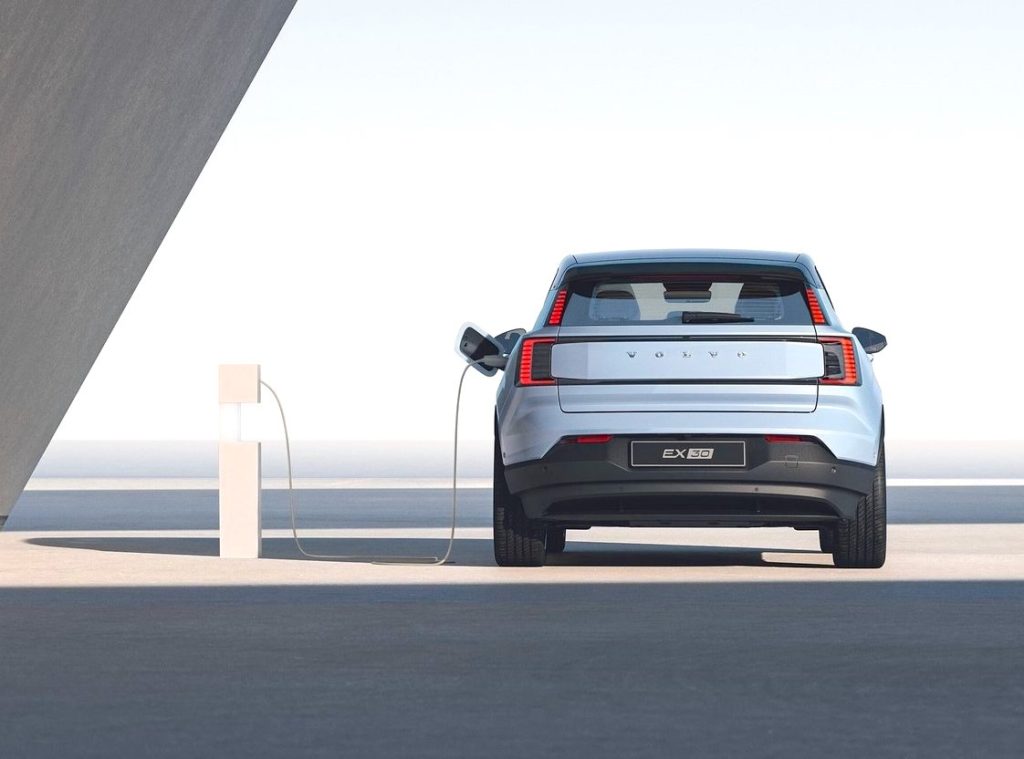
A Balanced Portfolio
The Swedish automaker touts for 2024 to be a milestone year for the company. Following the recent rollout of the EM90 e-MPV and the ramp-up in production of the EX30, (the long-overdue) first customer deliveries of EX90 flagship large e-SUV is set to finally take place in the third quarter of 2024.
These three new-gen EVs are supposedly set to show the way of where Volvo Cars is going in the future, as it continues its journey towards full electrification. Together with its plug-in and mild hybrid cars, these three fully-electric models will provide a balanced portfolio that serves as a clear bridge to an all-electric future.
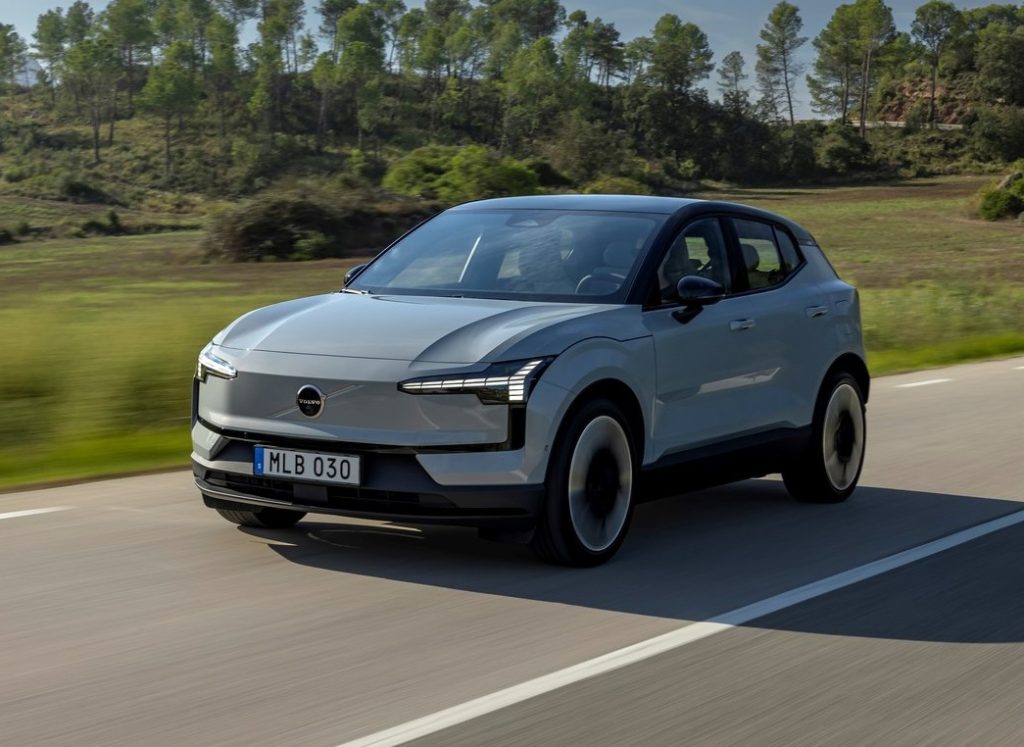
It has nevertheless tempered expectations on its fully electric dream by forewarning that this transition will not be a linear development. Many consumers are not yet able to go fully electric says Volvo, particularly in areas with low infrastructure development or because of the early withdrawal of incentives by governments.
Volvo has also since reaffirmed its commitments to invest across the breadth of its product range, both in new models and ongoing improvements to existing ones. During its Capital Markets Day in September, the automaker will be revealing more details on its technological roadmap as well as forthcoming models and updates.
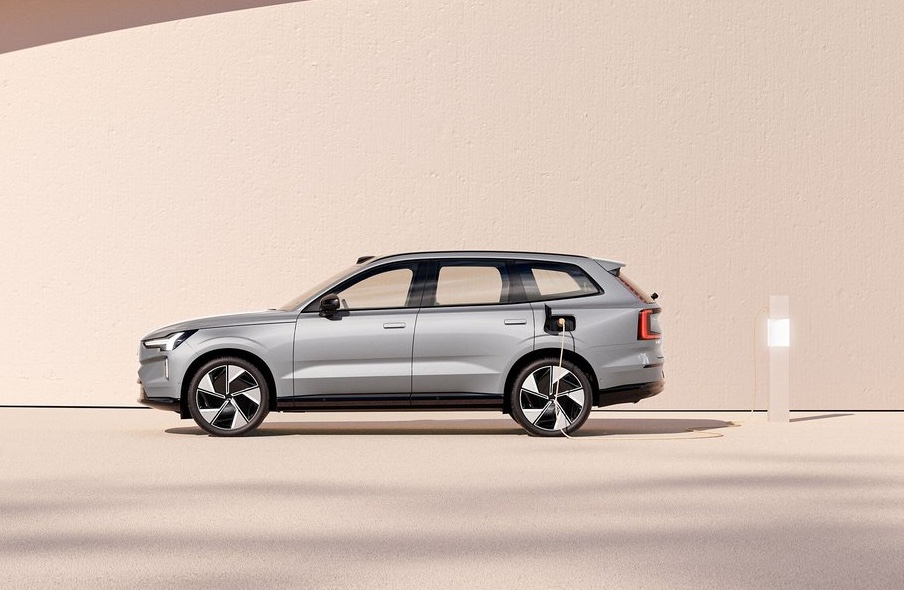
Looking Ahead
Like all global companies, Volvo operates in a complex geopolitical environment that impacts trade and tests supply chain resilience. In the short term, potential tariffs from the EU commission affecting EVs from China will affect the EX30.
As the company previously announced however, it will start producing the EX30 in its Ghent, Belgium plant next year, as part of its ‘Build where we sell’ strategy. The company aims to start production of the EX30 in Ghent during the first half of 2025, with volumes ramping up during the second half of that year.
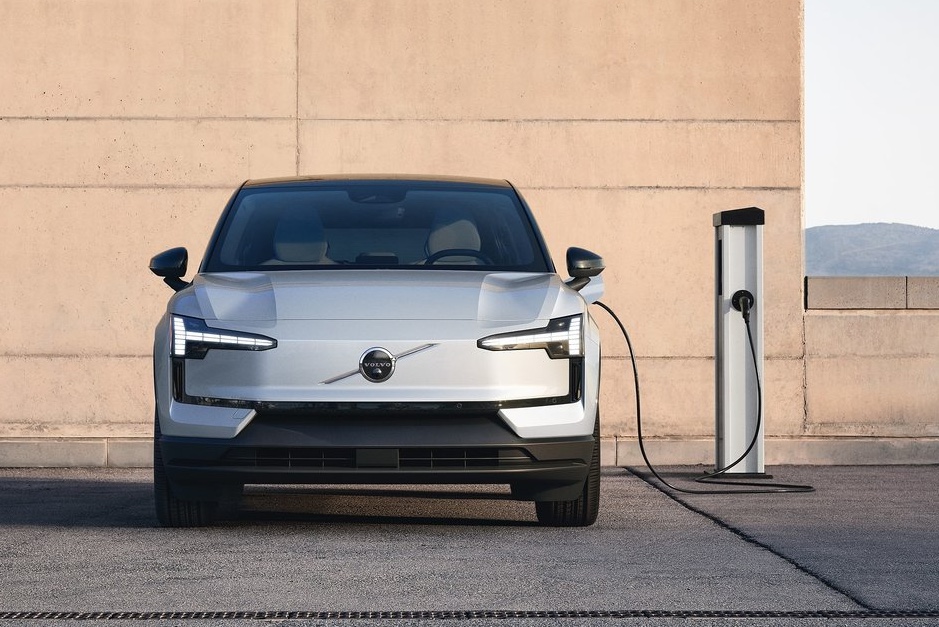
Once the EU investigation concludes later this year, following the member state votes and potential issuance of the definitive tariffs, Volvo will have a final and clear overview of how tariffs will impact it.
Volvo has continued to grow responsibly, safeguarding value. Supported by its newly launched cars, it expects to considerably increase the share of fully electric cars versus 2023. However, the company expects the macroeconomic and geopolitical uncertainties to remain. For 2024, Volvo expects retail sales to grow by 12-15%, provided there are no major disruptions.
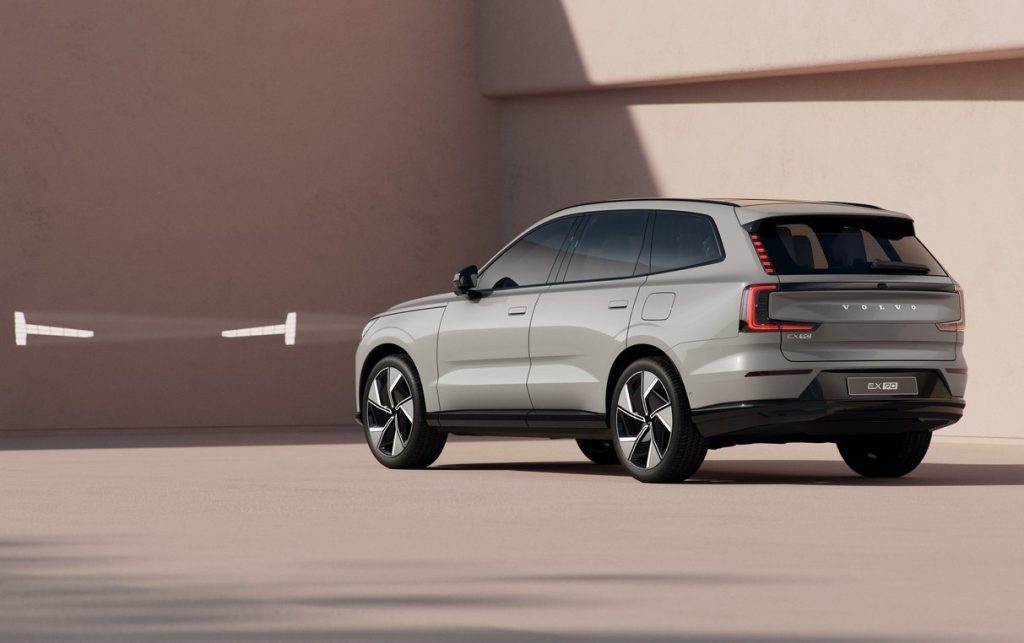
Macroeconomic and geopolitically complex headwinds are the inescapable business realities of today, and despite these many challenges, Volvo is positioned for further growth. Its operational fundamentals are strong, it is well positioned for continued future growth and the company still expects cash flow to be neutral for the full year 2024 and 2025.
From 2026 onwards, Volvo expects to deliver strong cash flows as the scale of investments declines and it starts to reap the long-term benefits of its strategy with higher revenue and profitability.

